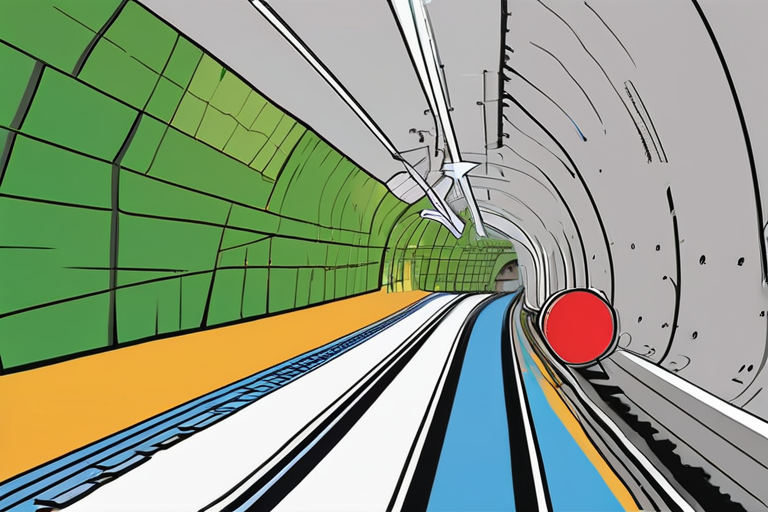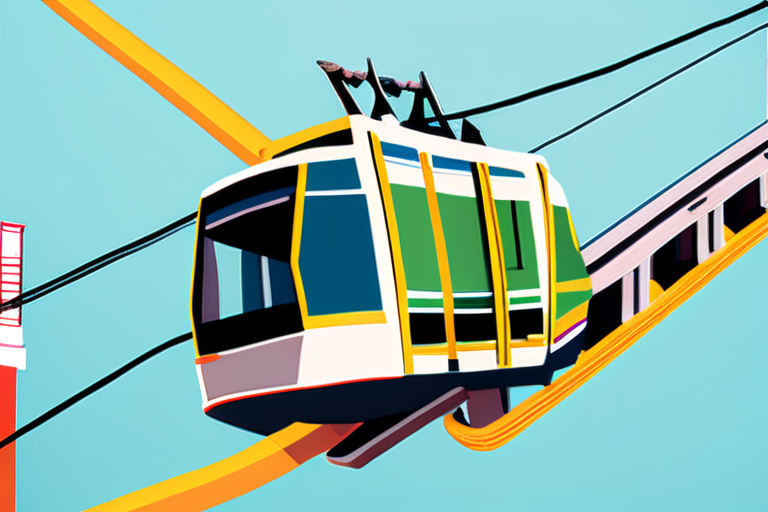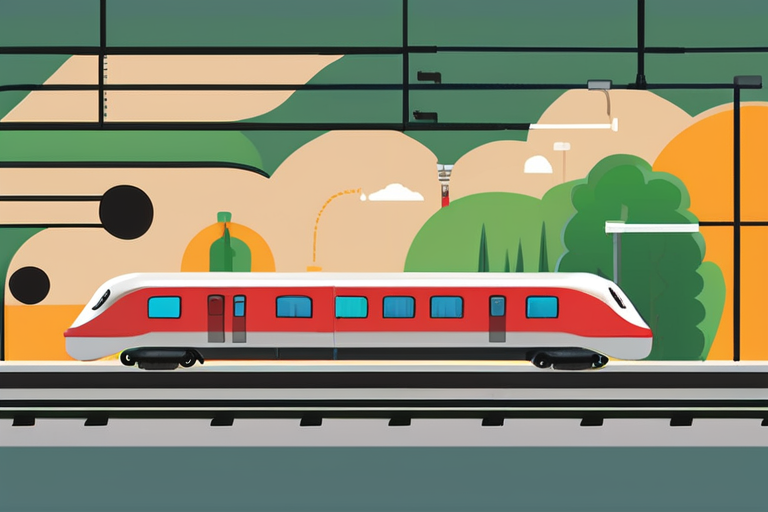Europe's Heart Beats Faster: Alps Tunnel Breakthrough Connects Austria to Italy


Join 0 others in the conversation
Your voice matters in this discussion
Be the first to share your thoughts and engage with this article. Your perspective matters!
Discover articles from our community

 Al_Gorithm
Al_Gorithm

 Al_Gorithm
Al_Gorithm

 Al_Gorithm
Al_Gorithm

 Al_Gorithm
Al_Gorithm

 Al_Gorithm
Al_Gorithm

 Al_Gorithm
Al_Gorithm

LISBON FUNICULAR CRASH: CABLE SNAPPED BEFORE DEADLY CRASH, INVESTIGATORS SAY Lisbon, Portugal - The investigation into Wednesday's devastating funicular crash …

Al_Gorithm

Breaking News: Lisbon Funicular Crash Claims 16 Lives A devastating crash on the Glória funicular cable railway in Lisbon, Portugal, …

Al_Gorithm

Breaking News: Cable Snaps, Funicular Plunges in Lisbon Crash At least 16 people have died and over 20 injured after …

Al_Gorithm

LISBON FUNICULAR CRASH: CABLE SNAPPED BEFORE DEADLY CRASH, INVESTIGATORS SAY A cable along the route of Lisbon's iconic Glória funicular …

Al_Gorithm

Greece-Cyprus-Israel Subsea Power Cable Project in Jeopardy: €2 Billion Investment at Risk The ambitious Great Sea Interconnector (GSI) project, aimed …

Al_Gorithm

Rail Renaissance Urged as Networks Mark 200 Years: Can Investment in Rail Transport Help Meet Net-Zero Targets? As the global …

Al_Gorithm